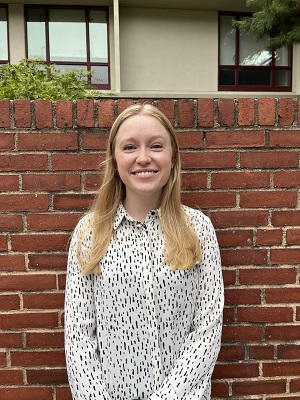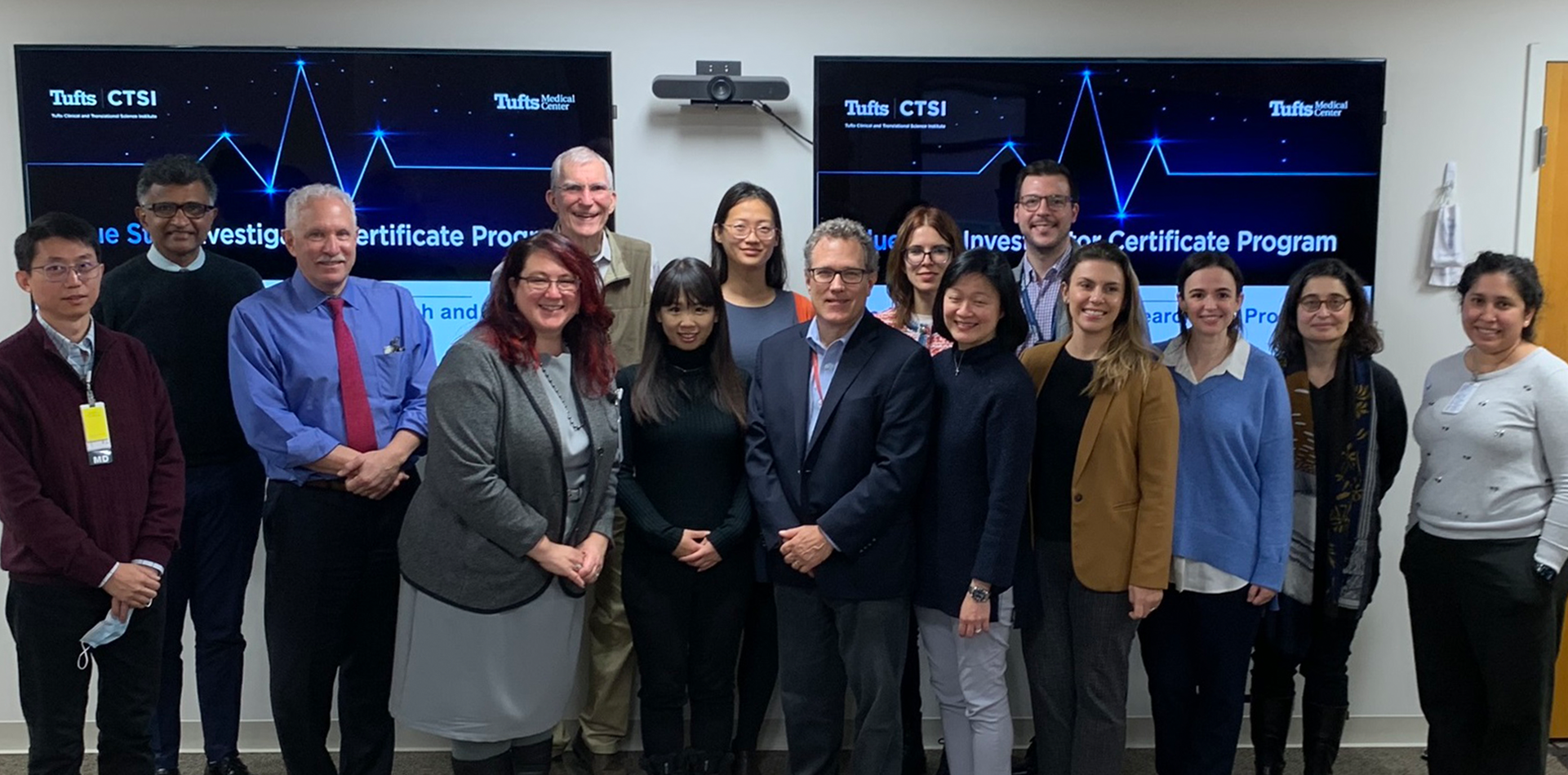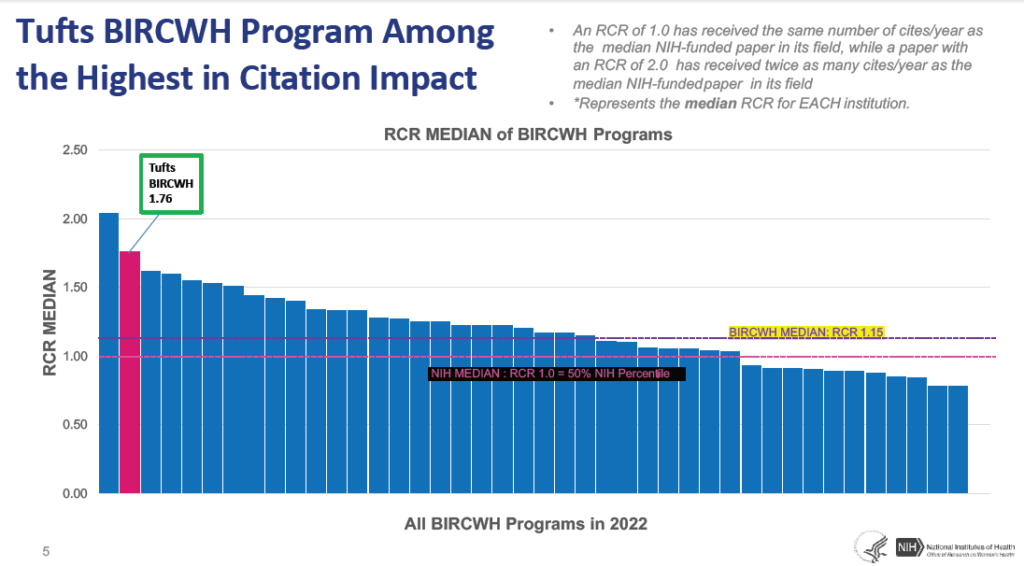Description of the graphic, Tufts BIRCWH Program Among the Highest in Citation Impact.
History and Overview
The goals of the Building Interdisciplinary Research Careers in Women’s Health Program (BIRCWH, pronounced “BIRCH”) are to increase the number and skills of investigators who focus their research career on women’s health or in sex and gender differences. The Program seeks to support investigators through a mentored research and career development experience leading to an independent scientific career that will 1) benefit the health of women or advance research on sex/gender influences on health, and 2) encourage interdisciplinary research methodology. Research on basic and translational research surrounding sex and gender differences can be supported by this grant.
The BIRCWH Program is built around three pillars: interdisciplinary research, mentoring, and career development. Interdisciplinary mentoring teams are essential to the BIRCWH Program and are defined as teams that include mentors from diverse disciplines to carry out interdisciplinary projects.
Mentors from collaborating departments are encouraged to provide needed expertise and resources, strengthening the BIRCWH Scholars’ research relevant to women’s health, including research on sex and gender influences as well as research on factors that contribute to disparities in health status or health outcomes for different populations of women.
The figure shows our strength across national BIRCWH programs, with our Scholars producing highly impactful research.
BIRCWH Objectives
The BIRCWH awards aim to:
- Support mentored research career development of early career faculty members, who have no more than 6 years of research or research training since their last doctoral level award at the time of the award.
- Support research in interdisciplinary basic, translational, behavioral, clinical, and/or health services research relevant to women’s health or sex and gender differences.
- Increase the number and skills of investigators through a mentored research and career development experience leading to an independent research career that will:
- Benefit the health of women or advance research on sex/gender understanding as related to health outcomes
- Encourage interdisciplinary research methodology
Who is eligible?
Eligible BIRCWH K12 applicants are US citizens or permanent residents with a faculty appointment at the Instructor or Assistant Professor level at any Tufts school, including the Tufts School of Medicine.
BIRCWH K12 Benefits
The program provides salary support and research support. Please see detailed budget instructions here.
Selected BIRCWH Scholars Will:
- Devote a minimum of 75% of their full-time faculty appointment or professional effort to the mentored career development award. Surgical specialties can have less than 9 person-months (75% of full-time professional effort), but no less than 6 person-months (50%), protected time for this program, if sufficiently justified and programmatically approved
- Attend the monthly Junior Faculty Research Career Development Forum (a faculty-facilitated 12–15 person seminar focused on developing research skills, including manuscript and grant applications).
- Complete two or more peer-reviewed manuscripts for publication, per year. Cite the grant (K12AR084217) and ensure that the manuscript is submitted for a PMCID number for any manuscripts resulting from the BIRCWH Career Development Award Program.
- Submit, by the end of the training program, an application for extramural research funding (NIH, NSF, AHRQ, PCORI, or foundation/industry awards) for additional career development or independent research grants.
- Complete an annual report documenting research progress and present it to the BIRCWH Advisory Committee. The second year of funding is contingent upon a successful Committee review.
- Complete, during their two years of funding, a course on the responsible conduct of research.
- Attend the BIRCWH Annual Meeting and present their scientific work.
- Obtain appropriate IRB or IACUC approval before funding can be awarded. Clinical research must also complete NIH human subjects review before beginning research activities.
- Attend and participate in the monthly Women’s Cardiovascular Health Research meeting.
What is the role of mentors of K12 Scholars?
- Provide research support and guidance toward an independent research career, with a planned series of meeting and activities, in addition to frequent discussion and guidance as needed.
- Meet annually with leadership of the BIRCWH Program to review overall career activities and progress toward training goals and activities.
- Participate in CTSI-provided mentor training every two years.




